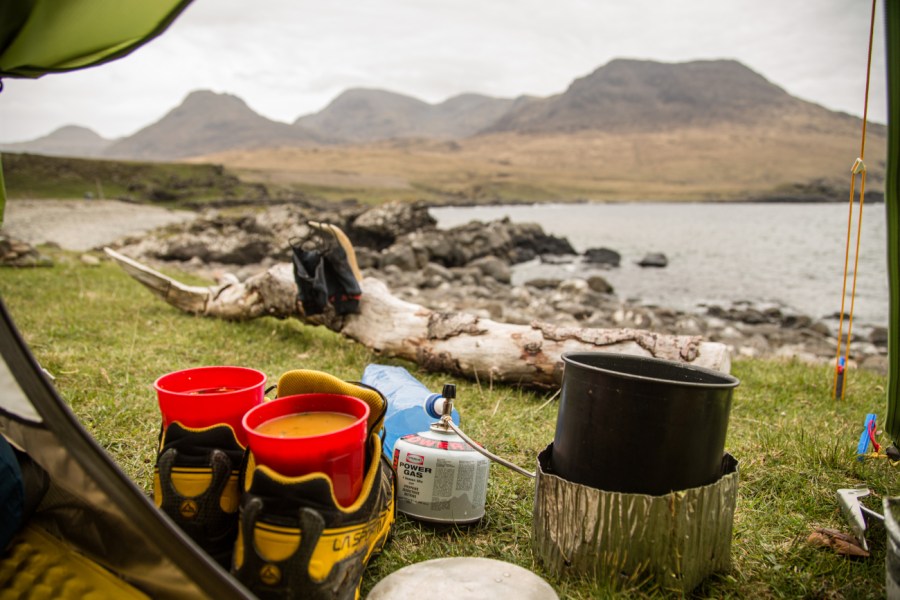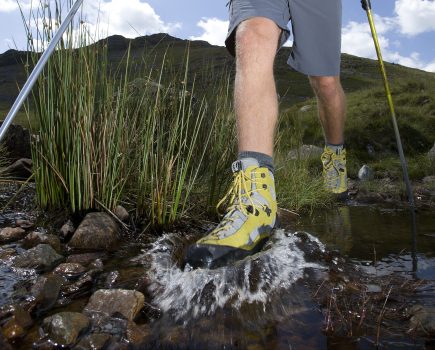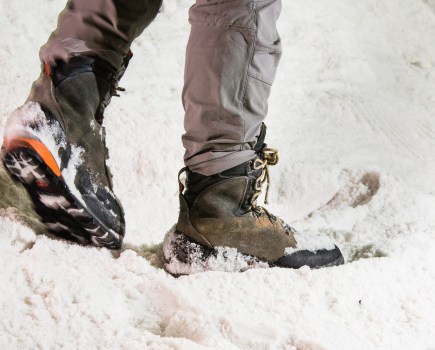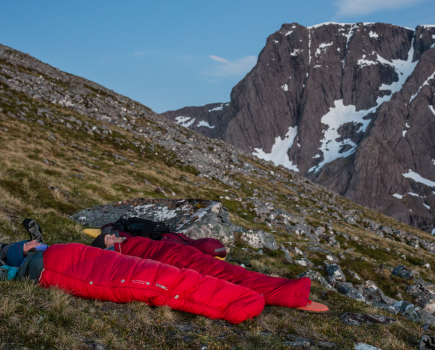What is the best food for hiking and walking? And why do we need it. With food and the oxygen we breathe, keeps the fires burning in our body, generating heat, the energy we need to function, and supplying the raw materials to repair and build tissue.
If we are poorly fuelled, injury, exhaustion or poor decision-making become more likely, so getting the right food in you when on the hill is essential for a successful hike or walk.
Mountain Leader Lucy Wallace takes a closer look at nutrition for successful days on the hill and shares some hard-won tips.
See some Food you should be taking on your hikes and walks
Understanding the basics
Essential Nutrients
After eating, our gut breaks down food into fatty acids, glucose, amino acids and other nutrients, and our blood stream delivers oxygen and these nutrients to the cells in our tissues; including our brains, muscles and vital organs.
Good nutrition is important for health every day, but when we are hiking, how well we fuel will affect our performance.
Carbohydrates
The most efficient fuel for muscles to work. High intensity exercise happens best when there are carbs in the system that can be broken down into glucose.
There are two forms: complex starchy carbs, and simple sugars. Complex carbs like wholegrains and oats take longer to break down, so hit the system at a slower rate than simple sugars.
When hiking, a combination of both is useful: the complex carbs fuel us for longer, but sugary snacks give a short-term boost if you’re flagging.
Fats
Fats get a bad rap but are important for maintaining tissue health. They are also a good source of energy.
They aren’t broken down quite as efficiently as carbs because more oxygen is needed to kick start the metabolic reaction, plus a greater proportion of the energy that is released is lost as heat.
However, this is useful in cold temperatures, especially if spending a night outdoors.
Protein
Amino acids in protein are the essential building blocks for muscle and other tissue. Protein can also be burned by the body to generate energy but is much less efficient than fat or carbohydrates.
On short journeys, it’s not an essential part of a hill walker’s rations, but it’s great recovery food, and on extended trips it needs to be factored in to avoid fatigue and injury. Your body processes protein best overnight.
Vitamins and minerals
Like protein, these are not essential fuel for exercise, but vital to keep our bodies healthy over longer periods.
Salts
Often overlooked, salt is vital for muscle function as well as fluid absorption. We lose salt when we sweat, so it needs to be included in our diet every day, especially in hot weather.
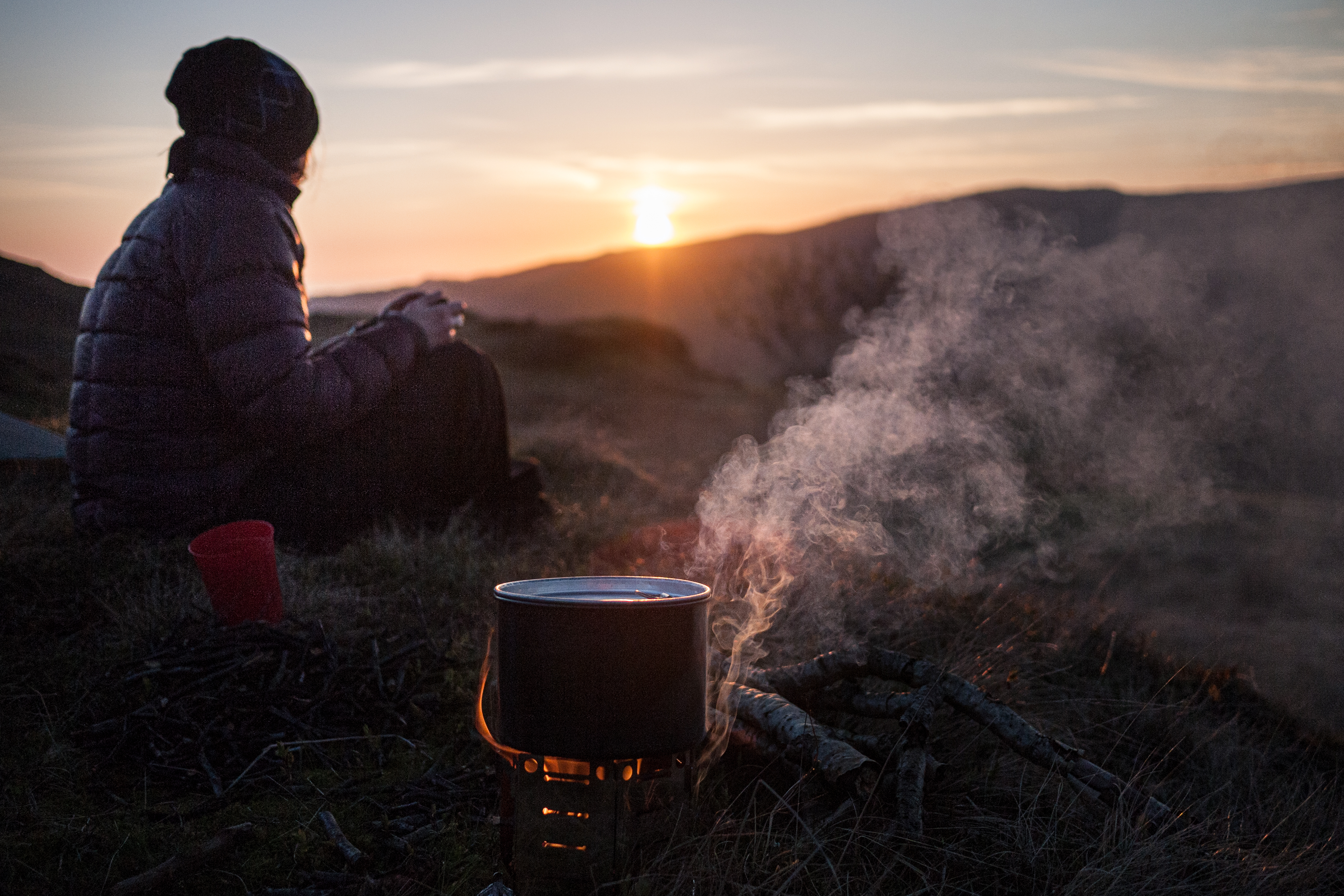
Lake District sunset with the rice simmering – Photo by David Lintern
Best food for day walks
Day walks are relatively simple to fuel for, but a common mistake is to underestimate how much energy we are going to burn in a day.
How many more calories we need when hiking varies between individuals, depending on body size, fitness, rucksack weight, and route. It goes without saying that it’s going to be more than we need for a day sat at a desk.
For me, on long walks, there seems to be no limit to the amount of food I need, and in winter, I double my normal calorie intake, getting this mainly from carbohydrate sources.
To ensure a successful day out, I aim to do the following:
• Eat a substantial breakfast. Calories are doing far more good in my belly than in the rucksack. “Pre-hydration” is also important.
• Carry lots of snacks that can be stuffed into pockets and eat on the go. Little and often is the key to successful fuelling.
• Base food on carbs, with cereal bars and sandwiches. My own sarnie filling of choice is peanut butter and jam.
• Take nuts and dried fruit to supplement and as emergency rations in case things go wrong.
• A bar of chocolate or wedge of fruitcake for a mental and physical boost.
• Bake weekly. It’s easy to buy this stuff but home baking keeps the costs down. Flapjacks and oat cookies are amazingly quick and simple to make.
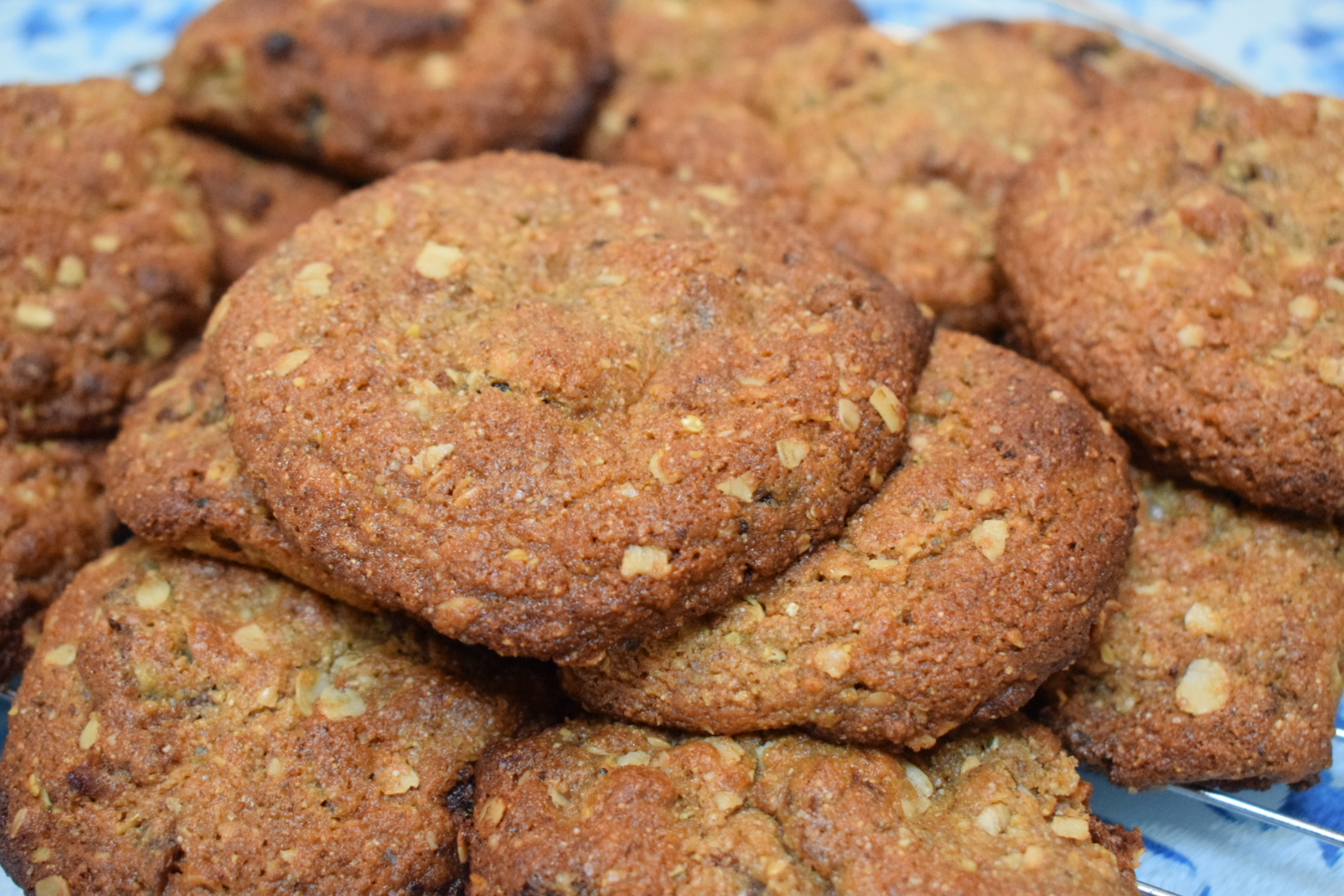
Here are some of Lucy’s home baked date and oat cookies.
Best food for long hikes
On trips lasting more than one day, the choice of food needs a bit more care. As well as calorie intake, factors such as weight, packaging, ease of preparation, washing up, cooking fuel and shelf life also need to be taken into consideration.
It’s hardly surprising that backpacking food includes a lot of frieze-dried, or precooked boil in the bag meals, (the latter are heavier, but can also be eaten cold).
Remember, variety is the spice of life. Eating the same thing day in, day out, becomes boring, even if it is something you like a lot. Taking a range of food types also helps insure against spoilage.
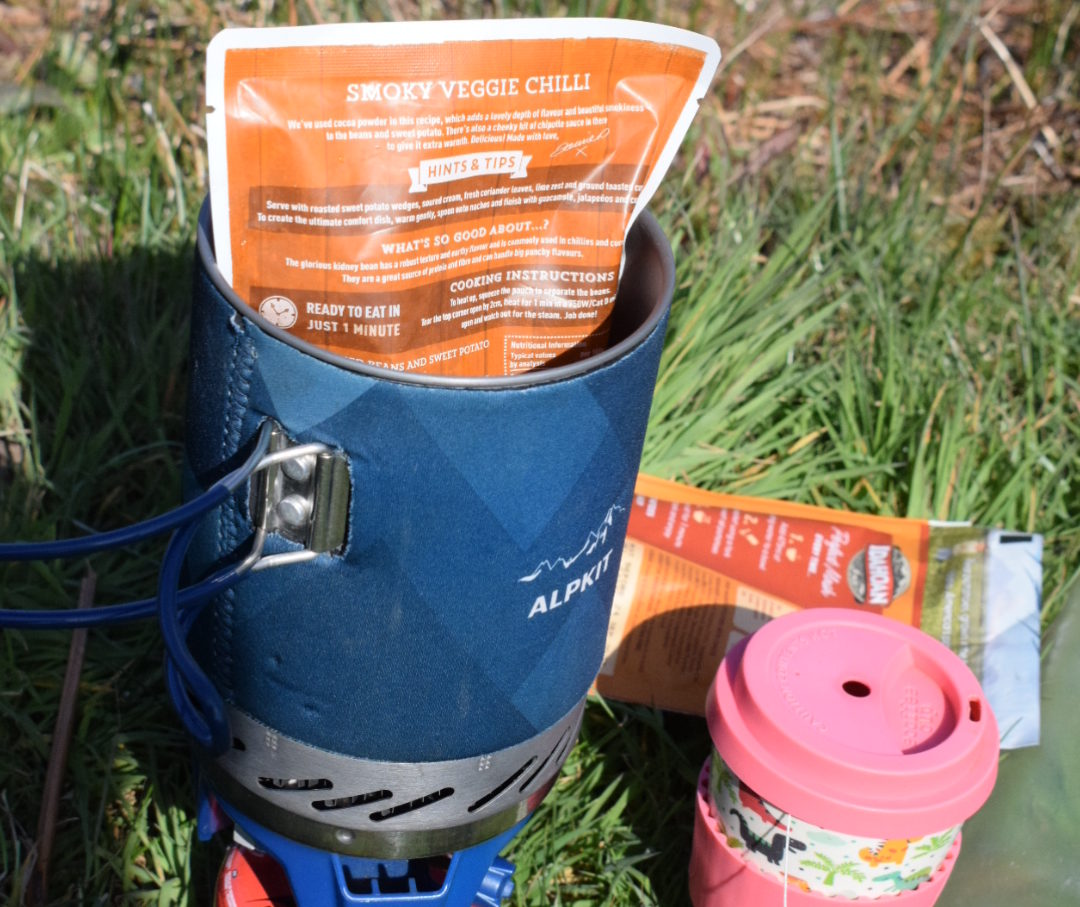
What food for hiking?
Breakfast
Backpacking breakfasts are just as important as they are when starting from home. Don’t skimp on the calories.
My favourite mountain breakfast is a generous portion of muesli, with added powdered milk and chocolate covered raisins, topped off with boiling water to make an irresistible chocolate porridge.
Lunch
Whether you prefer sweet or savoury, aim for food that can survive a crush in the bag. Wraps, oatcakes, squeezy cheese, all work for me.
Snacks
As well as the usual sweet treats, don’t forget salty snacks. Nuts or dried meats are great for getting some protein on board.
Dinner
Whichever type of meal you choose, pay attention to calories and read the small print, as some are more calorific than others.
I’ve been experimenting with home-prepared meals, usually based around couscous or instant mash, with the help of a small dehydrator for adding veggies and flavoursome nutrients.
On shorter trips I often take microwaveable sachets (eg lentil dahl), which can be heated like boil in the bag meals. Simply make a small opening in the top and boil it up with water that can be re-used for a brew.
Dessert
A gluttonous hot dessert is a good way to stoke the fire for a cold night. My winter favourite is Christmas pudding and instant custard.
Bon appetit! Check out our review of the best lightweight meals for backpacking and multi-day journeys

